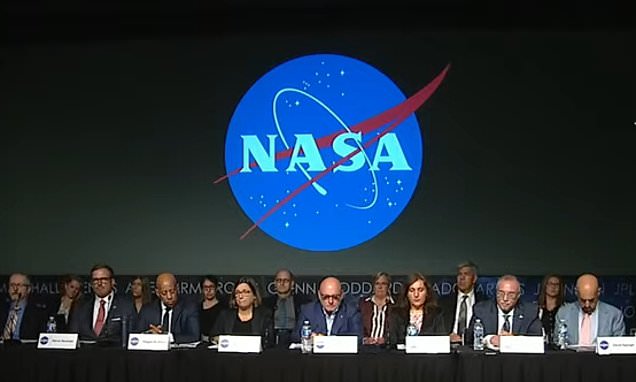Save articles for later
Add articles to your saved list and come back to them any time.
The Attorney-General’s Department is reviewing about 850 secrecy offences and non-disclosure provisions, including those that prevented the Australian Taxation Office from sharing its concerns about a PwC tax leak.
Earlier this week, the ATO said secrecy offences had hampered its ability to tell Treasury – from as early as 2016 – that they suspected confidential tax information had been shared.
The Australian Taxation Office says it was extremely constrained in who it could tell about its investigation into PwC.Credit: Eamon Gallagher
Late last year, the Tax Practitioners Board found Peter Collins, PwC’s former head of international tax, shared confidential government briefings on multinational tax reform with PwC partners and clients to help them sidestep the laws.
Next week, a Senate inquiry into consulting services will look at the tax leak, including why it has taken so many years for the issue to come to light.
Greens senator Barbara Pocock on Thursday raised concerns about whether government agencies were taking overly cautious interpretations of the secrecy provisions.
“Why have people who are at senior levels in key agencies like the ATO and the Tax Practitioners Board failed to talk to each other to bring these matters to light?” she said.
The senator said there was a clear interest in reviewing the existing secrecy arrangements and protections following Senate estimates hearings this week.
“They appear to protect the fox a lot more than they do the hens,” she said on Thursday.
“Those [secrecy provisions] appear to be a barrier to the effective operation of communication between key agencies and the prosecution of very straightforward cases of corruption.”
ATO Commissioner Chris Jordan told Senate estimates on Tuesday that the agency was extremely constrained in terms of who it could tell about its investigation into Collins and PwC.
“We got advice from our General Counsel and from AGS [the Australian Government Solicitor] that we could not provide that information to the treasurer or assistant treasurer, and in fact, we could not provide it to Treasury,” he said.
“We got advice that it would be a breach of the law.”
A review of the hundreds of Commonwealth secrecy offences is due to report later this month.
Launching the review in March, Attorney General Mark Dreyfus said there was a legitimate role for secrecy offences, but it was time for a comprehensive review of how they were working.
“Secrecy offences play an important role in preventing the unauthorised disclosure of information, which can undermine national security and harm the public interest,” he said at the time.
“However, multiple reviews have raised concerns about the number, inconsistency, appropriateness and complexity of Commonwealth secrecy offences.”
There are about 11 general secrecy offences, 542 specific secrecy offences and 296 non-disclosure duties across Commonwealth law and the criminal code.
The ATO first investigated the PwC tax leak in 2016, but the issue only came to public light this year.Credit: Alex Ellinghausen
The review has been looking at issues including whether any specific secrecy offences were no longer needed, and what principles should govern the way that secrecy offences are framed in legislation.
A final report will be handed to the attorney-general by the end of the month.
Cut through the noise of federal politics with news, views and expert analysis from Jacqueline Maley. Subscribers can sign up to our weekly Inside Politics newsletter here.
Most Viewed in Politics
From our partners
Source: Read Full Article




